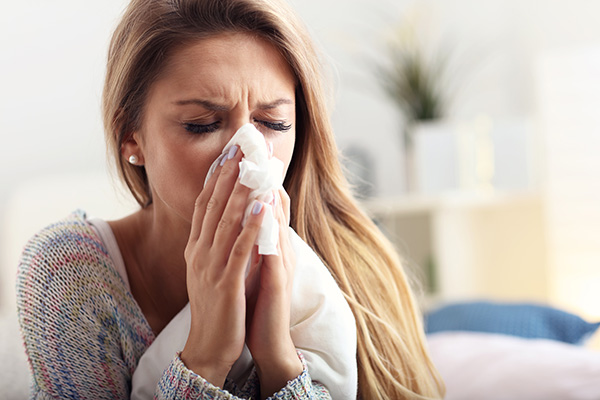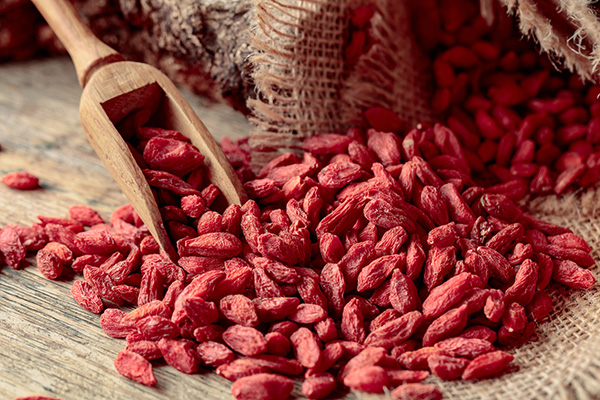Is Decaf Tea Good or Bad for You?
Decaffeinated tea has become increasingly popular among those looking to reduce their caffeine intake or eliminate it altogether.
But is it really better for your health? In short, decaf tea can be both good and bad for you, depending on your individual needs and preferences. It’s a good choice if you’re looking to reduce caffeine intake, as it offers some of the antioxidant benefits found in regular tea. However, the decaffeination process may result in a loss of some beneficial compounds and may not provide the stimulating effects of caffeine that some individuals seek.

Does Decaffeinated Tea Have Caffeine in It?
Although decaffeinated tea has been processed to remove most of the caffeine, it’s important to note that it’s not entirely caffeine-free. Typically, decaf tea contains about 2-5 milligrams (mg) of caffeine per 8-ounce cup, while regular tea can have between 30 and 50 mg. However, the caffeine content can vary depending on the type of tea and the decaffeination process used.
Decaffeination Processes
There are several methods used to remove caffeine from tea, with some being more effective than others. The most common methods include:
- Carbon dioxide (CO2) process: This method is considered the most natural and effective way to decaffeinate tea. It involves using high pressure and temperature to turn CO2 into a solvent that selectively extracts the caffeine molecules. It leaves the tea’s flavor and beneficial compounds mostly intact.
- Methylene chloride process: This method involves soaking tea leaves in methylene chloride, which bonds with the caffeine molecules. The leaves are then rinsed, and the caffeine-laden solvent is evaporated. Some concerns have been raised about the safety of this method due to the potential for residual solvent in the tea.
- Ethyl acetate process: This method is similar to the methylene chloride process but uses ethyl acetate, a naturally occurring compound found in fruits, as the solvent. However, it can leave a slight chemical taste in the tea.
- Water process: This method involves soaking tea leaves in hot water, which extracts both the caffeine and the flavor compounds. The water is then treated to remove the caffeine and reintroduced to the leaves to reabsorb the flavor compounds.
Decaf Tea Benefits
There are several potential benefits to choosing decaffeinated tea over its caffeinated counterpart, including:
Reduced Anxiety and Improved Sleep
Caffeine is a known stimulant that can increase anxiety levels and interfere with sleep. By opting for decaf tea, you may experience less anxiety and better sleep quality, especially if you are sensitive to caffeine.
Lower Risk of Caffeine Overdose
While it’s rare, consuming excessive amounts of caffeine can lead to overdose symptoms, such as rapid heart rate, dizziness, nausea, and vomiting. By choosing decaf tea, you significantly reduce the risk of caffeine overdose.
No Impact on Hydration
Contrary to popular belief, decaf tea doesn’t cause dehydration. In fact, the water content in tea can help contribute to your daily fluid intake, promoting overall hydration.
Antioxidant Benefits
Despite having less caffeine, decaf tea still contains antioxidants called flavonoids, which have been associated with various health benefits, such as reducing inflammation and supporting heart health.
Decaf Tea Side Effects and Disadvantages
While decaf tea offers several benefits, there are a few potential side effects to be aware of:
Potential Residual Solvents
As mentioned earlier, some decaffeination processes use chemical solvents, which may leave trace amounts of residue in the tea. However, the levels are usually well below the limits considered safe by regulatory agencies.
Loss of Beneficial Compounds
Some decaffeination processes can also strip away some of the beneficial compounds found in tea, such as catechins and theaflavins. These compounds have been linked to various health benefits, including supporting heart health and aiding in weight management. Opting for a decaffeination method that preserves these compounds, such as the CO2 process, can help minimize this issue.
Reduced Alertness and Cognitive Benefits
One of the most well-known effects of caffeine is its ability to improve alertness and cognitive function. By choosing decaf tea, you may miss out on these stimulating effects, which could be a downside for some individuals.
Possible Allergic Reactions
In rare cases, some individuals may experience an allergic reaction to decaffeinated tea, particularly if they are sensitive to any of the chemicals used in the decaffeination process. Symptoms may include hives, itching, and difficulty breathing. If you suspect an allergic reaction, discontinue use and consult a healthcare professional.
Making the Right Choice for You
Ultimately, whether decaf tea is good or bad for you depends on your individual needs and preferences. If you’re looking to cut back on caffeine due to anxiety, sleep disturbances, or other health concerns, decaf tea may be an excellent choice. Additionally, it still offers some of the antioxidant benefits found in regular tea, albeit potentially at a lower level.
However, if you’re seeking the stimulating effects of caffeine, decaf tea may not be the best option. In this case, you might want to consider other alternatives, such as green tea or white tea, which typically have lower caffeine content than black tea.
When choosing a decaf tea, consider the decaffeination method used and opt for a brand that uses a process that preserves the tea’s flavor and beneficial compounds. Also, remember that while decaf tea has less caffeine than regular tea, it’s not entirely caffeine-free, so it’s essential to keep track of your total caffeine intake throughout the day.





